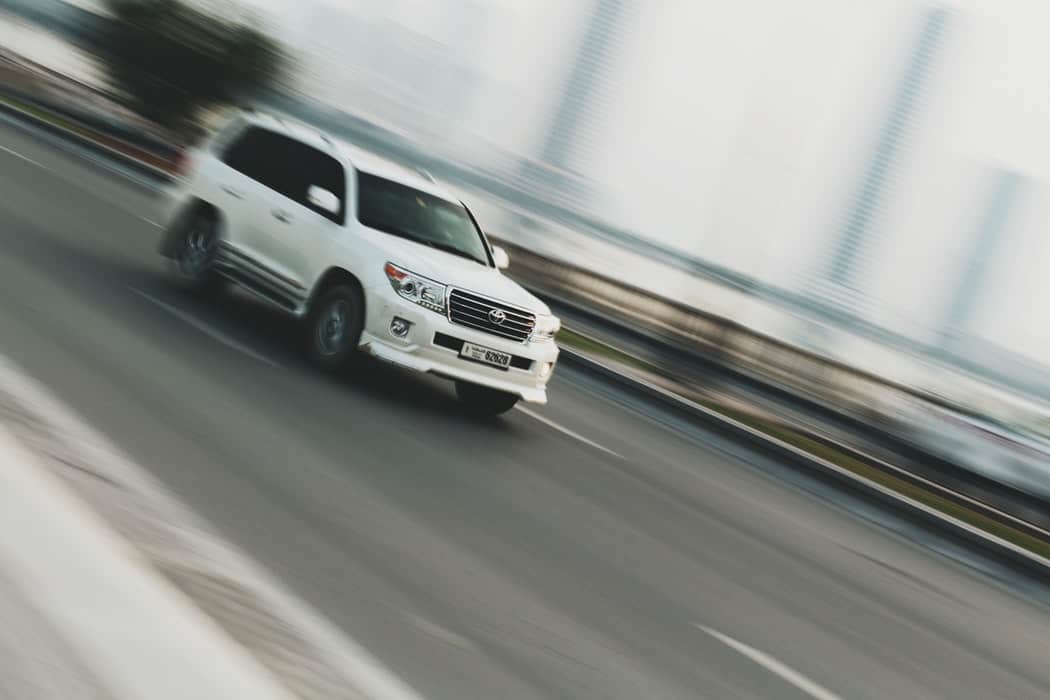Determining fault after a car accident can be a difficult task. After all, witnesses aren’t always around to report what went down, and while police reports can offer some insight, there’s no guarantee that they’ll weigh in on fault. It’s no wonder that many car accident claims boil down to a he said, she said situation. In some cases, though, forensics can help solve the mystery of liability, particularly if excessive speed is thought to have been a factor in the wreck.
Vehicle damage can sometimes be assessed with liability in mind. The type of damage and its extent can help establish how fast the vehicles involved in the wreck were traveling. Though this method of finding evidence is not foolproof, it can provide a good starting point for a person trying to establish fault.
What Vehicle Damage Can Show
Depending on the type of damage sustained and how badly the car was damaged in the wreck, investigators may be able to tell if one of the drivers was speeding or unable to stop in time to prevent a collision. In many cases, it’s obvious to see that one of the vehicles failed to maintain a safe following distance, either from distracted driving or simple inattentiveness. This is easiest to spot in rear-end accidents, where the car hit from the back is rarely, if ever, at fault.
In other situations, though, it may be evident that excessive speed played a big role in a collision. For instance, in the rear-end example above, speed may have been a factor if your car sustains frame damage. A simple fender bender rear-end crash at low speeds would not cause that degree of damage, leading investigators to determine that the at-fault driver was indeed traveling too fast at the time of the wreck. This is often true of accidents involving totaled cars. Chances are good, one or more of the vehicles involved in the accident were speeding when the collision occurred, simply because the damage could not have occurred any other way.
Of course, there are exceptions to every rule. When cars collide on the highway and the wreck results in a totaled car, it’s not always easy to deduce that one of the vehicles involved was speeding. Damage from cars traveling the speed limit can look all too similar to the damage done from cars going 15 miles over the limit. The totaled car rule tends to hold up on city streets where speed limits are 25 to 35 miles per hour. Should an average priced car in good condition sustain enough damage in a wreck to be declared totaled, it is likely that one of the vehicles was traveling too fast.
Other Forms of Evidence
Not all damage can definitively prove that the other driver involved in your accident was speeding. In many cases, the damage is just one piece of a puzzle that may still need putting together. You’ll probably need to collect further evidence that they were traveling too quickly. Consider snapping a few photos at the scene of the wreck. Your cell phone camera will do fine; take shots of the damage to all vehicles involved, debris in the street and close-up shots of your car.
If you still need additional evidence to bolster your claim, consider working with an expert witness who specializes in vehicle forensics. Using their professional expertise, these individuals can be called as witnesses to testify about the extent of your vehicle’s damage. They may opt to do an in-person examination of your vehicle’s damage, but many can simply look at photos of the crash and determine whether or not the cars involved were speeding. They can offer insight into the speed at which the vehicles were traveling, giving you a piece of seriously persuasive evidence to introduce in court. Their background in accident scene reconstruction can lend real credibility to your claim.
Seeking Legal Help
Many car accident victims opt to hire an attorney for help in the wake of their collision. Even the most simple of accidents can become complicated when the basic details of the incident are not agreed upon by both parties involved in the wreck. When this happens, everything from your insurance settlement to your driving record could be jeopardized. Many are left wondering how much their case could be worth if they did indeed pursue a lawsuit.
Lawsuit Info Center offers a free resource to help answer such questions. Our car accident settlement calculator is a great starting point for anyone who has recently been involved in a wreck. Simply enter in a few details about your wreck and our calculator will use many of the same formulas that car insurance companies utilize to determine payments to their policyholders. While not a final figure not legally binding, the number that is calculated is a rough estimate of the value of the damage you sustained in the accident.
Though a useful resource, our accident settlement calculator shouldn’t be substituted for legal advice. Thankfully, we can help with that, too. Lawsuit Info Center can connect you with an experienced, compassionate lawyer in your area. To get started, fill out this brief form and we’ll be in touch soon.


